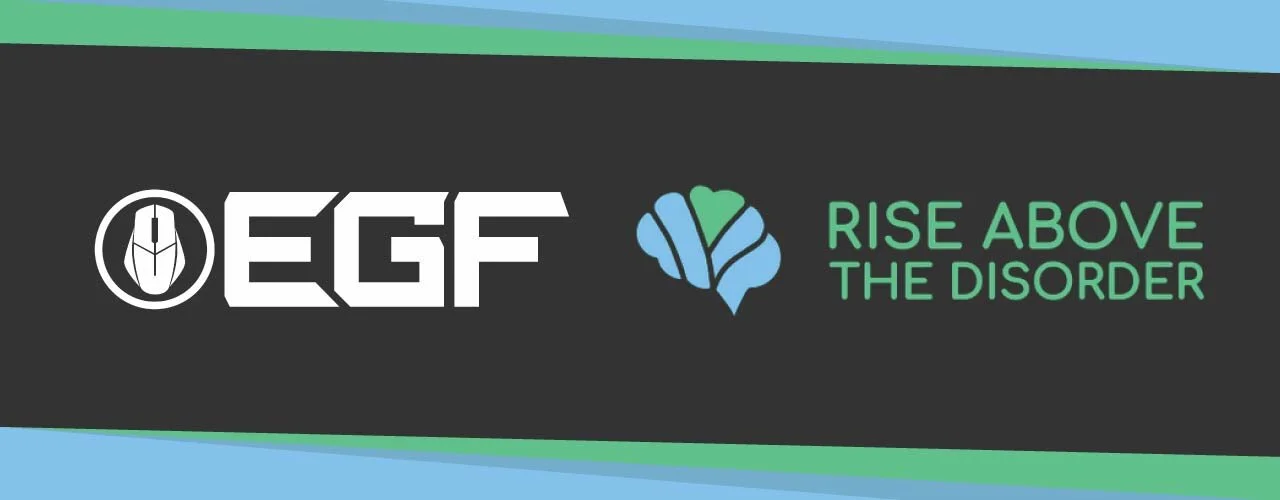Interview with Rise Above the Disorder
We recently partnered with Rise Above the Disorder, a non-profit organization that works to make mental health care accessible to everyone. We interviewed Crystal, their Director of Care to learn more about the work they do and how students and campus leaders can incorporate some mental health tips into their everyday lives!
What is Rise Above the Disorder and what do you do as an organization?
Rise Above the Disorder also known as RAD is a charity mental health organization that focuses on removing the two greatest barriers to mental health treatment: access and cost. We remove these barriers using our Therapist Finder and Grant program. Our Therapist Finder Program is for people who have insurance, universal healthcare, or a budget that they can spend on therapy. We will help you find a therapist that will be the right specialization and personality fit for you. Our Grant program is reserved for those around the world that don’t have insurance or the means to afford therapy. We help them find a therapist that matches their needs, and cover the cost of therapy for them!
How can I as a student use RAD's services?
If you or someone you know is struggling, you can go on our website and click on our support tab to find an application for our Therapist Finder and Grant program. You can reach out to us no matter what stage you are in your healing journey. If you’re curious to know what therapy entails, and aren’t sure if you want to go through with it feel free to contact our Care information email at Care@youarerad.org with any questions you may have about therapy.
What are some common misconceptions around mental health?
I think one of the most common misconceptions I hear around mental health is people that struggle with it think that their own struggle is either more severe or less severe than others. Because mental health struggles are still not something that people speak openly about, we often don’t realize how common our struggles are. Instead sometimes we might think we are broken or that we just can’t get better because of the severity of the issue, but in fact there are probably many people out there that are in the same boat as you. Remember that no matter how big or small you may think your mental health issue may be, it is valid and you are worth seeking out the treatment you deserve.
What are some common mental health challenges you see and how would you recommend addressing them?
The most common mental health struggles I see are anxiety and depression. I highly recommend seeing a therapist to help you identify where these anxious or depressive thoughts are coming from and teach you tools on how to overcome them. If you’re not sure where to start or can’t afford therapy, please feel free to come to us at RAD!(:
Additionally, I can offer a couple techniques I share with my clients that helps manage their depression and anxiety. Journaling and the 5-4-3-2-1 grounding technique. Journaling out your thoughts and feelings once a day can be part of your self-care routine. It allows you to process these thoughts and feelings and leave them somewhere else outside of your head. As for the 5-4-3-2-1 grounding technique, when you feel like you’re about to spiral or you are spiraling with anxiety or depression look around your environment and recognize what are 5 things you can see? 4 things you can touch? 3 things you can hear? 2 things you can smell? And 1 thing you can taste? Being able to take a look at your surroundings and be present in the moment will show you that you are in a safe place and that things are relatively okay. The thoughts and worries were pulling to an event that is no longer happening.
What can I do as a community leader or administrator to promote positive mental health?
Do weekly check-ins with your community/staff. Genuinely ask how they are doing and listen. Offer support if they need any and if you can’t give them the support they need you can point them to a resource like RAD to help!
What can I do as an individual to develop positive mental health habits?
Observe yourself, your thoughts, your actions. What happens when you are in a quiet room? Where do your thoughts go in that moment? Notice when you feel an emotion towards someone or something. Really feel it and wonder why you feel that way. Observing yourself and listening to yourself really helps you notice what things bring you happiness and peace, and what brings you stress or other negative emotions. Of course, there are things that bring us stress that we can’t just get rid of like school or work, but we can learn from the things that make us happy and help counter balance that by doing more things that make us feel good or offer ourselves some rewards or breaks when doing tasks or things that aren’t really our favorite.
What are some tips to find some happiness or enjoyment out of in the world as it is today?
Humans are social animals as we inherently crave connection. Having connections with family and friends through the internet/phone is a good way to feel connected to people who care about you and support you. Knowing a parent or friend is just a phone call away can be very comforting during this pandemic. Joining an online community is really helpful, RAD has a discord that has weekly community events on Discord if you want to meet others who talk openly about their mental health. Also making sure to carve out time to do things you are passionate about or exploring new things on your own. Maybe take some time to draw, make a bubble bath, or try out a food recipe that you’ve always wanted to try. There’s plenty to do indoors on and off screen. I know cleaning and redoing different rooms around the house can be pretty calming for me personally.
What resources would you recommend to learn more about mental health?
You can learn more about mental health from RAD, you can follow us on Twitter @YouAreRAD or Instagram at @riseabovethedisorder. I also personally like to follow on Instagram @the.truth.doctor and @risingwoman.
Where can we learn more about RAD?
You can learn more about us and what we do by visiting our website youarerad.org or by checking us out on Twitter, Instagram, or Facebook!
How can I support RAD?
All of RAD’s services are completely free and open to anyone, everywhere around the world. You can support RAD by becoming a monthly donor, making a donation, and/or following us on social media. Talk to your friends and family about RAD and how we have helped over 36,000 people in over 133 countries!

